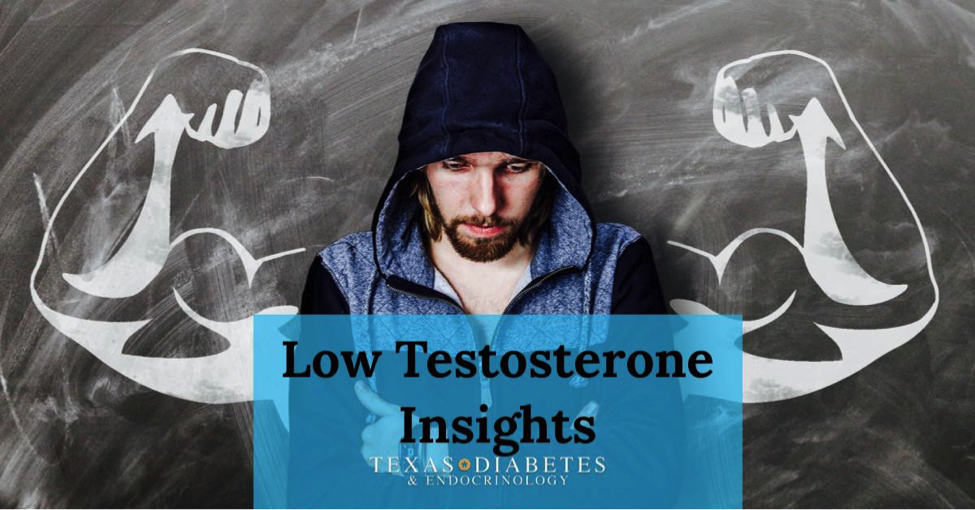What is testosterone?
Testosterone is the most important androgen (male hormone) that men make. It helps regulate muscle mass and strength, it can effect sex drive and sexual function, and it helps maintain bone strength.
What is “low T”?
Low testosterone is when the body does not produce sufficient testosterone. With age, it is normal for levels of testosterone to get a bit lower. When the levels of testosterone get too low, men can have symptoms.
What are the symptoms?
The symptoms may change from person to person.
If someone has had low testosterone for a relatively short period of time, he may experience: fatigue, low libido (little or no interest in sex), or he may feel sad or depressed
If low T goes unnoticed for a long time, some people experience loss of bone and / or muscle mass, loss of facial or body hair, increase in breast size (gynecomastia)
What are the causes?
- Normal aging
- Diseases affecting the testicles (which produce testosterone in men)
- Certain treatments for cancer, including radiation, chemotherapy or certain types of hormone therapy
- Disorders that affect the pituitary gland, a gland at the base of the brain that regulates all other hormones in the body
Other medical problems: liver and kidney disease, obesity, diabetes, AIDS, and some relatively rare hereditary conditions
Why should you see us for this?
There are many things that can cause these symptoms. Your provider can try to find out what might be causing them. A blood test can show whether you have low T, but you might not need that test if something else is causing your symptoms. Also finding the cause of low T is important, since treatment may change depending on the cause.
What is the treatment?
Low testosterone can be treated with testosterone replacement, which comes in patches, gels, injections, and other options. It is very important to pick the treatment that will work best for you and to monitor your testosterone levels to optimize the results. The providers at Texas Diabetes & Endocrinology are experts in low testosterone management and can help you achieve personalized results!
Why you should contact TD&E
- It is very important to evaluate and understand the specific cause of low T before starting treatment for it. Treatment depends on the cause, and sometimes starting treatment before detailed evaluation can make it harder to understand the underlying cause
- Getting your testosterone levels to optimal has health benefits including improved muscle mass, increased bone density, better energy levels, and improved sexual function.
- The providers at Texas Diabetes & Endocrinology are experts in low testosterone management and can help you achieve personalized results!




